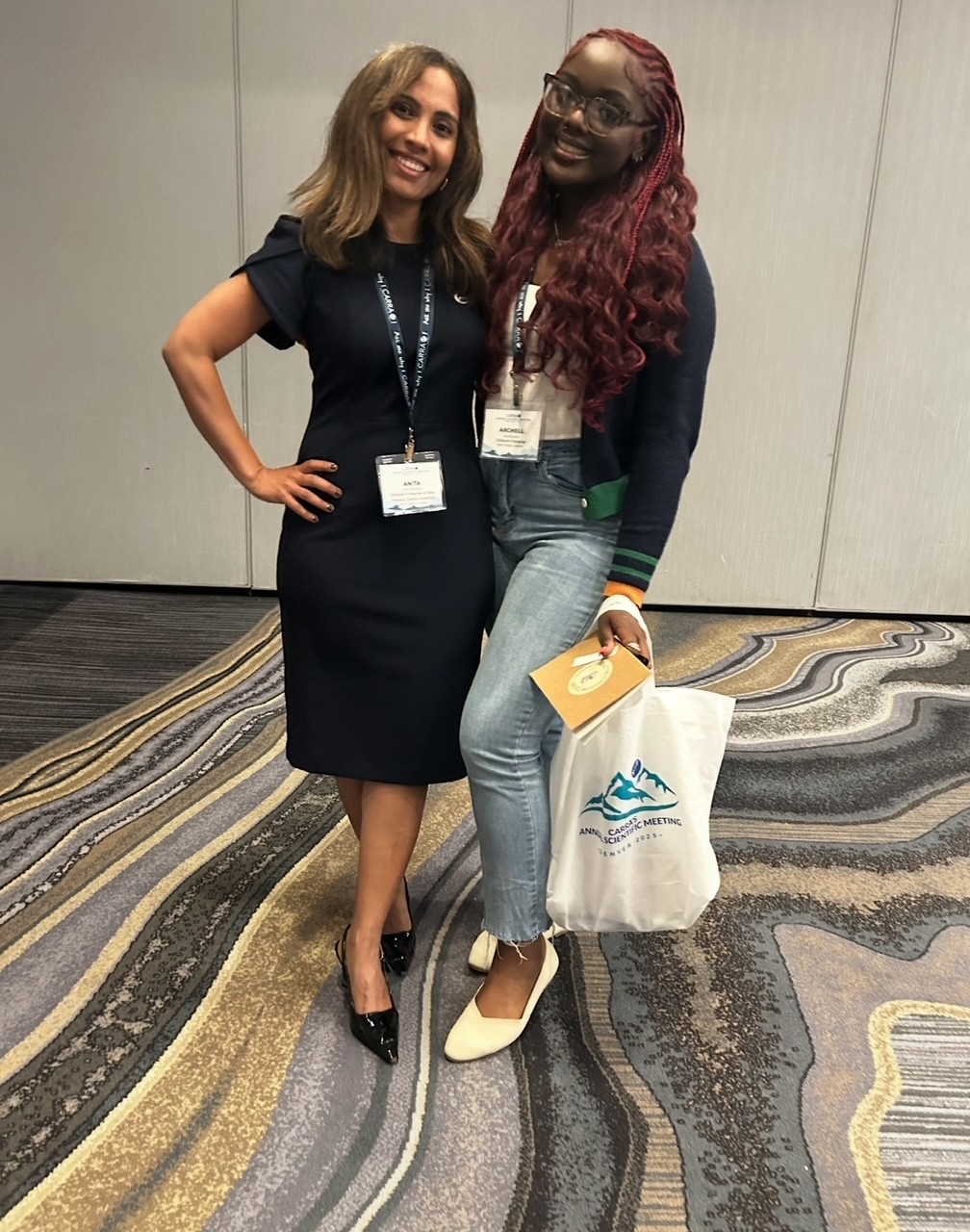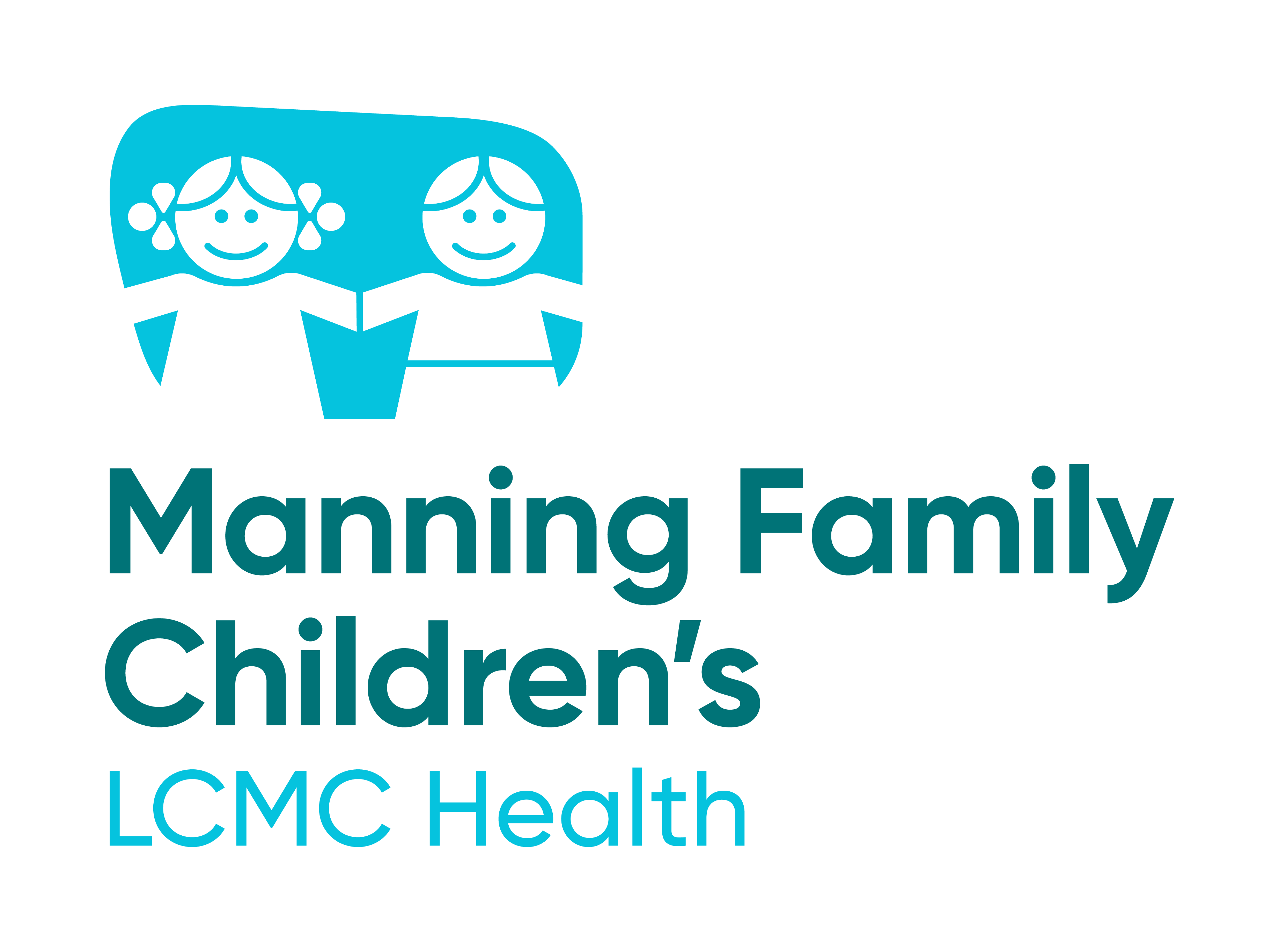Archell’s fight against lupus with comprehensive care at Manning Family Children’s
- Category: Patient Stories
- Posted on:

From the time she was seven or eight years old, Archell James, now 18, remembers always having health challenges. She would intermittently feel dizzy, and complain of headaches and abdominal pain. Every time she went to the doctor, she was told it was “stress or growing pains.”
However, in March 2024, something felt different. Archell began experiencing severe body aches, overwhelming fatigue, and a high fever. “I couldn’t eat anything, and my headaches kept getting worse,” said Archell, now a rising sophomore at Louisiana State University (LSU) in Baton Rouge. “The stomach pains felt like the worst cramps I had ever had.”
At that time, Archell was a high school senior living with her grandparents in Baton Rouge. When her symptoms worsened, her older sister took her to the local emergency room. After countless tests, the doctors couldn’t provide a clear diagnosis. “They weren’t able to confirm what was wrong,” Archell said. “They told me it could be cancer or lupus. I was really scared but, honestly, I just wanted to know what it was so I could start getting treatment.” She was then referred to seek care from the experts at Manning Family Children’s in New Orleans. 
Finally, a diagnosis: lupus
Once at Manning Family Children’s, Archell immediately felt more at ease. “They started running tests again, but from the moment I got to the ER, I had a feeling they were going to help me,” she said. “They made me feel like they were truly going to figure things out—and that was very comforting.”
Archell was admitted to the hospital the night she arrived, and within a couple of days there was a confirmed diagnosis. Pediatric rheumatologist, Anita Dhanrajani, MD, and pediatric nephrologist, Caroline Straatmann, MD, told her she had lupus.
Lupus is a chronic disease that causes inflammation and pain throughout the body. It is an autoimmune disease, which means that the body actually attacks its own healthy tissue and organs, which causes widespread inflammation. Most often, lupus affects a person’s joints, skin, and even internal organs including the brain and kidneys. It can cause a myriad of signs and symptoms.
For Archell, at least there was finally an answer that came along with much needed validation --It wasn’t stress, and she wasn’t making up the symptoms. She was suffering from a condition that would require careful monitoring and daily medication for the rest of her life.
“When we diagnose a young patient with lupus, our goal is to quickly reduce inflammation, protect the organs, and help them regain a sense of normalcy,” said Dr. Dhanrajani. “It’s a lifelong condition, but with the right treatment plan—including medications, regular monitoring, and support—we can help our patients live full, active lives.” 
Archell recalls that everyone at Manning Family Children’s was kind and compassionate. “They explained everything to me and were so helpful when it came to answering my questions,” she said. “Going through something like this can be really overwhelming at my age. The fact that they understood that—and did everything they could to keep my spirits up—was amazing.”
Archell spent a week at Manning Family Children’s so her treatment plan could be finalized, and she could be observed after starting medication.
“I was so relieved to find out it wasn’t cancer,” she said. “Honestly, I was just happy to finally know what was going on. I couldn’t change the diagnosis, but knowing what it was—and that there was a treatment—made me feel more at ease.”
Living with lupus, not defined by it
Since she started the medicine, Archell has experienced minor lupus flare ups, but nothing as severe as her original symptoms that sent her to the hospital in the first place. “I do have side effects from the medication: mostly mood swings, weight fluctuation, and some skin irritations. But I’m handling it without a problem.”
For the first year after her lupus diagnosis, Archell had monthly visits with Dr. Dhanrajani. Now, she goes for a follow-up visit every three months at the multidisciplinary lupus clinic where she sees both rheumatology and nephrology teams for her comprehensive lupus care.
“I strongly appreciate my doctors. They are very comforting and make me feel better about having lupus. They don’t hide anything from me, and they are open with how I’m doing,” Archell said. “I can tell they really care about my health. If anything is off with my testing, they rush to take care of it.”
Archell wants people to know that being diagnosed with lupus isn’t fun, but it’s not the end of the world. “Lupus isn’t something that stops everything,” she said. “Everyone’s body is different, and different people can handle different symptoms and medicines. My medicine allows me to live my life and, for the most part, I’m not in pain.”
Inspired to care for others
Archell is working hard to earn a Bachelor of Science degree in pre-cardiopulmonary science. She aspires to be a pediatric cardiac sonographer, or a respiratory therapist. 
“Meeting my doctors during treatment really inspired me to pursue a career in pediatrics,” Archell said. “I know how they made me feel as a patient, and I want to be able to give that same kind of care and comfort to others someday.”
These days, she loves hanging out with her college friends and especially enjoys going to LSU football games. Geaux Tigers! “Lupus hasn’t stopped me from living my life,” she said. “My lupus diagnosis hasn’t stopped me; it’s pushed me to work harder.”
For more information about Manning Family Children’s, please visit: https://www.manningchildrens.org/
For more information about the rheumatology program at Manning Family Children’s, please visit: https://www.manningchildrens.org/services/rheumatology/
For more information about the nephrology program at Manning Family Children’s, please visit: https://www.manningchildrens.org/services/nephrology/



